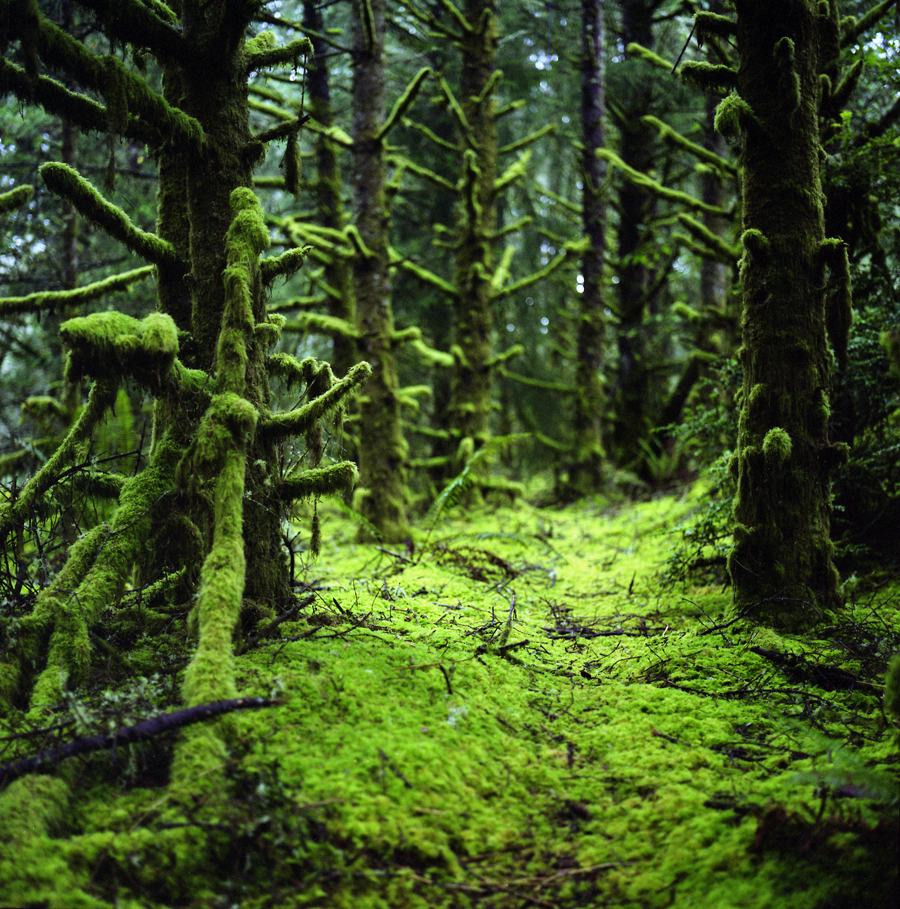

Peat might lower cost of sodium-ion batteries for EVs, research suggestsPeat might lower cost of sodium-ion batteries for EVs, research suggests
An ingredient used to flavor whiskey and make fertilizer could soon play an important role in EV batteries, researcher at Estonia’s Tartu University say.
Reported recently by Reuters, the research indicates that peat could be used to lower the cost of sodium-ion batteries for electric cars, potentially providing an alternative to the currently dominant lithium-ion chemistry.
Sodium-ion batteries offer the potential advantage of eliminating lithium, cobalt, and nickel. Harvested from bogs, peat would be a much cheaper raw material, in comparison. Researchers claim a sodium-ion battery made with materials from peat would be three to five times cheaper than a lithium-ion battery.
Estonians already harvest around a million tons of peat annually for gardening and heating, according to an explainer on Tartu University’s website. Only the top layer is generally harvested, but researchers believe the older layer beneath—which is usually discarded—is better suited for battery use.
CATL sodium-ion battery
The peat is powdered and washed to extract the maximum amount of minerals, then dried and placed in an oven at 300 degree to 400 degrees Celsius (572 degrees to 752 degrees Fahrenheit). Sodium oxide and zinc chloride are then added, followed by another session in an even hotter oven.
That process yields a material that can be used for the anode. And for the cathode, researchers used salt extracted from salt water. The result is a battery that can match the energy density of lithium-ion chemistry, researchers claim.
As with all research, it’s worth noting that promising lab results don’t automatically lead to a commercially-viable product. Still, sodium-ion batteries are receiving some attention. CATL this summer surprised the industry in saying that sodium-ion batteries are commercially viable.
Due to various supply issues, automakers might be better served by being willing to swap battery chemistries in some of their products. Tesla in China, for instance, is using LFP cells in some of its Model 3 sedans, supposedly to help free up more cells for its energy dense products.
View original article at: “https://www.greencarreports.com//news/1133857_peat-might-lower-cost-of-sodium-ion-batteries-for-evs-research-suggests”
Add a comment Cancel reply
Related posts


Electric SUVs: Top 6 Models for Family Trips











